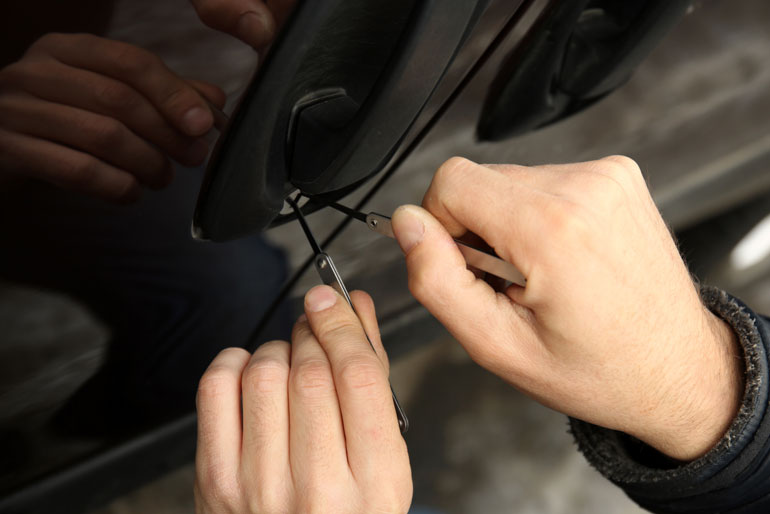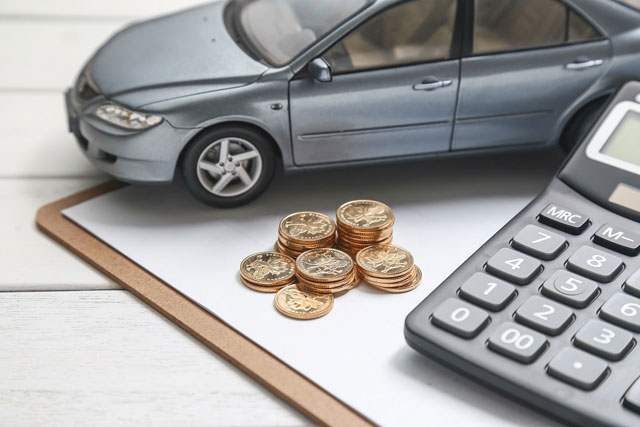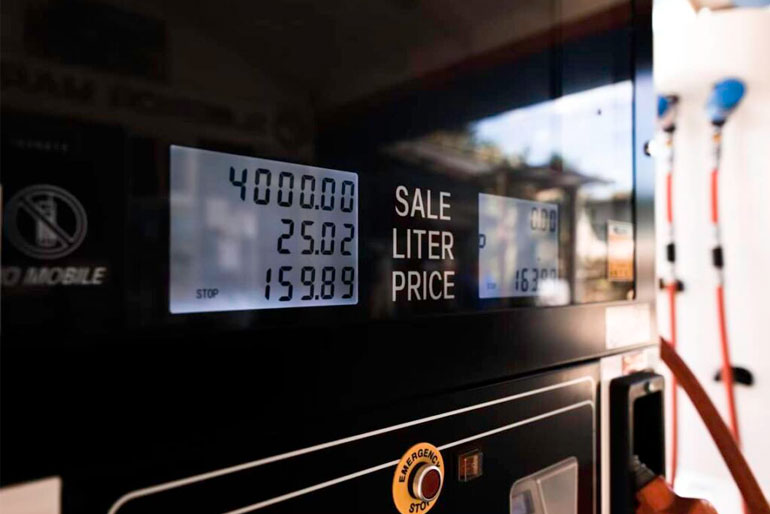As the world becomes more conscious of the environmental impact of our actions, finding ways to save gas and improve fuel efficiency has become increasingly important. Not only does it help reduce our carbon footprint, but it also saves money by cutting down on fuel expenses. Here, we want to explore some practical tips and driving habits that can help you save gas while driving, ultimately contributing to a greener and more sustainable future.
Maintain Your Vehicle
Regular vehicle maintenance plays a vital role in maximizing fuel efficiency. Here are a few key areas to focus on:
Keep Your Tires Properly Inflated: Underinflated tires create more rolling resistance, requiring more energy (gas) to move the vehicle. Check your tire pressure regularly and inflate them to the recommended levels specified by the manufacturer.
Change Air Filters: Dirty air filters can restrict airflow to the engine, leading to decreased fuel efficiency. Replace them as recommended by your vehicle’s manual.
Use The Recommended Motor Oil: Using the right viscosity oil for your vehicle can improve engine performance and fuel efficiency. Consult your owner’s manual to determine the best oil for your car.
Plan and Combine Trips
Reducing the number of trips you make and combining multiple errands into one outing can significantly save gas. By planning your routes and consolidating tasks, you minimize the distance traveled and eliminate unnecessary backtracking. This approach not only saves fuel but also reduces traffic congestion and contributes to less air pollution.
Drive Smoothly and Avoid Aggressive Behavior
Your driving style has a significant impact on fuel consumption. By adopting the following techniques, you can improve your vehicle’s fuel efficiency. As noted by the accident attorneys at DuBois Law Group, not only will this help your wallet at the pump, but also keep yourself and others safe on the road.
Accelerate And Decelerate Gently: Rapid acceleration and harsh braking consume more fuel. The gradual acceleration and anticipating traffic flow allow you to maintain a consistent speed, reducing the strain on your engine.
Maintain A Steady Speed: Frequent speed fluctuations on highways and open roads consume more fuel. Use cruise control whenever possible to maintain a constant speed and optimize fuel efficiency.
Avoid Idling: If you anticipate being stationary for more than a minute, turn off your engine. Idling for extended periods is wasteful and unnecessary. If you’re worried about the lifespan of your battery, it’s best to turn the vehicle off all the way.
Unfortunately, at times this type of safe and fuel-efficient driving has the chance to anger more impatient drivers. But it’s important to remember never to interact with someone experiencing road rage for your own and others’ safety on the road.
Minimize Drag and Weight
Reducing drag and excess weight on your vehicle can lead to fuel savings. The more that a vehicle is weighed down, the more gas is needed to make the car run. It is important to keep this in consideration, even if you aren’t planning on going on an extensive road trip.
Remove Unnecessary Cargo: Carrying unnecessary weight in your vehicle increases fuel consumption. Regularly clean out your trunk and remove any unnecessary items that add extra weight.
Close Windows At High Speeds: Open windows at higher speeds can create drag, reducing fuel efficiency. Use the air conditioning system instead for better aerodynamics.
Utilize Modern Vehicle Technology: Modern vehicles often come equipped with advanced technologies designed to improve fuel efficiency. Here are a few features worth considering:
Take Advantage Of Eco-Driving Modes: Many newer vehicles have an eco-driving mode that optimizes fuel consumption. Activate this mode whenever possible to take advantage of the manufacturer’s fuel-saving settings.
Use GPS Navigation: Utilize GPS navigation systems to find the most efficient routes and avoid traffic congestion. This can help reduce the time spent on the road and improve fuel efficiency.
Saving gas while driving isn’t just about being mindful of your actions; it’s a conscious effort to reduce our carbon footprint and create a more sustainable future. By implementing the tips mentioned above and adopting eco-friendly driving habits, you can make a significant difference in fuel consumption, ultimately helping both your wallet and the environment. Let’s strive to be responsible drivers, embracing fuel efficiency as a way of life. Together, we can pave the way for a greener and cleaner world.







